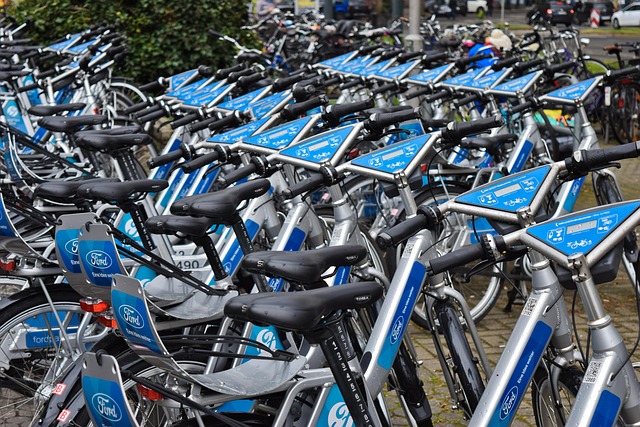In the real estate sector, effective dispute resolution for repair issues is crucial to maintain client satisfaction and property values. Prompt handling involves clear communication, detailed documentation, understanding legal aspects, and dedicated channels for open dialogue between landlords, tenants, and contractors. Best practices include regular maintenance checks, a robust reporting system, and fair, transparent processes for disputing repairs, fostering trust and collaboration among all parties.
In the dynamic realm of real estate, smooth operations depend on effectively managing repair disputes. This article provides a comprehensive guide to navigating common issues, offering proven strategies for swift resolution. From understanding the root causes of disputes to implementing best practices for coordinated repairs, these insights empower professionals to maintain high standards and foster positive relationships with clients. Discover key techniques to enhance dispute management in real estate.
Understanding Common Repair Disputes in Real Estate

In the real estate sector, repair disputes are common, often arising from differences in interpretation of initial scope of work or unforeseen issues that crop up during renovation or maintenance. These disputes can range from simple miscommunication about what was agreed upon to more complex scenarios involving faulty workmanship or non-compliance with building codes. Prompt handling is crucial to maintain healthy relationships between property owners, tenants, and contractors.
Early identification of potential dispute points, clear communication channels established from the outset, and detailed documentation of all agreements and changes along the way can significantly mitigate these conflicts. In real estate, where transactions are often significant financial commitments, resolving repairs disputes promptly not only saves time but also ensures that everyone involved remains satisfied and avoids costly legal implications down the line.
Effective Strategies for Prompt Dispute Resolution

In the dynamic realm of real estate, efficient dispute resolution is a cornerstone for maintaining seamless operations and fostering strong client relationships. When repairs are involved, prompt handling of disputes can significantly mitigate potential damage to property values and tenant satisfaction. One proven strategy is open communication; encouraging transparent dialogue between all parties allows for early identification of issues and facilitates mutually agreeable solutions. Establishing clear channels of communication, such as dedicated hotlines or online platforms, ensures that concerns are swiftly brought to the forefront.
Moreover, implementing a structured dispute resolution process can streamline the repair coordination process. This involves documenting each step, from initial complaint reception to final resolution, ensuring transparency and accountability. Real Estate professionals should also equip themselves with a comprehensive knowledge base of relevant laws and regulations, enabling them to mediate disputes fairly and effectively. By embracing these strategies, real estate businesses can navigate repairs-related conflicts with agility, preserving the integrity of their operations and the well-being of their clients.
Best Practices for Efficient Coordinate Repairs

In the real estate sector, efficient coordinate repairs are essential for maintaining property values and tenant satisfaction. Best practices involve establishing clear communication channels between all stakeholders, including landlords, tenants, and repair service providers. Regular maintenance checks can help identify potential issues early, preventing small problems from escalating into costly repairs. Implementing a robust reporting system ensures that every concern is documented and promptly addressed.
Prompt dispute handling is a cornerstone of effective coordinate repairs. When conflicts arise, swift action is crucial. Landlords should create a fair and transparent process for resolving disputes, encouraging open dialogue and mutual understanding. Regular updates to tenants about the repair progress can build trust and reduce frustration. By fostering a collaborative environment, real estate properties can maintain their appeal and retain happy residents.






